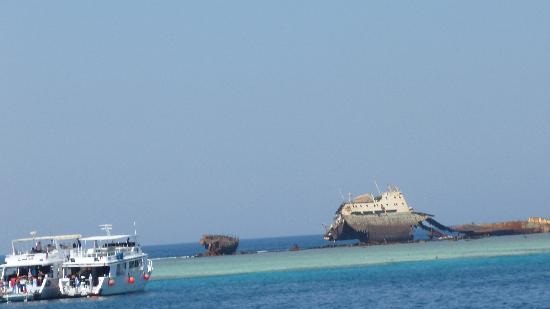The decision by an Egyptian court to overturn a previous court ruling that blocked the handing over of two Red Sea islands to Saudi Arabia has no legal standing, a constitutional law professor told Ahram Online, adding that only the country's top administrative judicial authority can decide on the matter.
Last week, Egypt's Court of Urgent Matters ordered the suspension of an administrative court ruling in June freezing the controversial deal, which had provoked protests when announced earlier this year.
The court said in its ruling that the agreement represents a “sovereign decision that should not be subject to judicial supervision.”
It added that the blocking of the deal has “encroached on the mandate of the [country's] executive power” and annulled a decision that “preserves the country's sovereignty and protects its supreme interests.”
The Higher Administrative Court will give on Saturday its verdict on the matter by ruling on a formal appeal lodged by the Egyptian government against the annulment of the deal.
The reasoning of the Court of Urgent Matters was dismissed by legal expert Fouad Abdel-Naby, a constitutional law professor at Menoufiya University, who says the Court of Urgent Matters was not qualified to rule on matters related to public administration.
According to Egyptian law, only the highest administrative court can suspend the implementation of a lower administrative court's verdict, Abdel-Naby said, adding that the ruling should be treated as if it were never made.
Article 190 of the Egyptian constitution states that the administrative judiciary has sole jurisdiction in settling administrative disputes and is the only authority that can rule on a challenge to a lower administrative court ruling.
Abdel-Naby believes that even though the court has no jurisdiction in this matter, the ruling was made so as to create a legal debate ahead of the administrative court’s ruling on Saturday.
The Court of Urgent Matters is tasked with looking at cases that need quick resolution and cannot afford to be stalled by the lengthy process of the regular court system. The court has, however, in recent years, started ruling on cases involving other matters including bans of political groups.
Egypt’s decision to transfer the two strategic islands of Tiran and Sanafir at the southern tip of the Gulf of Aqaba into Saudi hands sparked widespread public outcry in the country, with some critics accusing the government of “selling” the islands.
Dozens of people have been arrested and put on trial for protesting the deal, though many have since been released.




